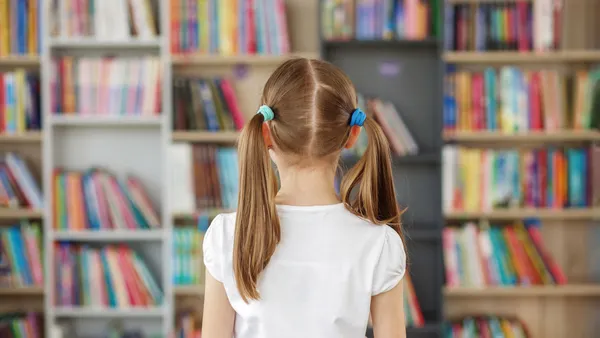Dive Brief:
- Learning consultant Beth Holland and educator Tim Wilhelmus realized that the best way to encourage educators to create blended learning experiences was to put them in a blended learning experience themselves, they wrote for Edutopia.
- The result became a free, online guide called “Rapid Prototyping and Reality TV,” which challenges educators to create professional development lesson plans using blended learning methods.
- Teachers can use the four prompts — which are laid out with clear steps and also include blended materials such as videos — in small team teaching groups, or administrators can run them school-wide to help expose educators to the idea of blended learning itself.
Dive Insight:
“Rapid Prototyping and Reality TV" takes a look at four popular reality TV shows — “Chopped,” “Fixer Upper,” “The Amazing Race” and “Cupcake Wars” — as inspiration for using this style of television to help educators understand blended learning practices. The takeaways aren’t necessarily for use in classrooms, but a way for educators to better work together as they create lessons and curriculum.
For example, using the “Chopped” method, a team of teachers pick three random elements, such as blended learning, the environment and building an app. From there, they need to build a lesson and present the plan to the larger group so they can all learn from each other.
The “Fixer Upper” challenge, on the other hand, encourages teachers to take an old lesson and make it new with some renovations, such as injecting online materials, while “The Amazing Race” gives teachers four tasks, with the first team to complete three of them winning. In “Cupcake Wars,” teams spend 10 minutes coming up with an idea, perhaps something multimedia-related, get feedback from another team, and then refine their idea into a 30-second pitch.
While these challenges are fun, administrators need to do a little prep of their own: they should certainly know the shows, and they should keep educators focused on creating material that hews to academic needs.
Still, just as educators look for ways to engage students in class, administrators want teachers to get excited about what they’re teaching. Challenges that tap into popular media are a good way to generate that engagement from the start.









